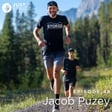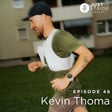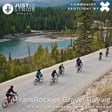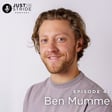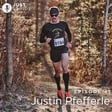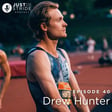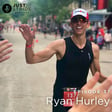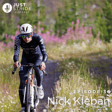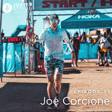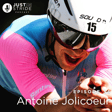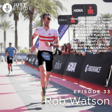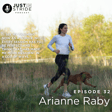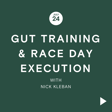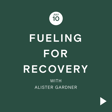
Danielle Lewis on winning Ironman Lake Placid, the childhood dream to become a pro athlete, overcoming adversity, taking control of her health, finding success in triathlon
When we think about our future it’s good to set long term and specific goals. It’s funny how putting an idea into the universe can sometimes bring it to fruition years later. Of course there will be twists and turns along the way but if we believe in the process and pursuit of those goals, nothing can stop us.
On this episode of Just In Stride we follow the journey of Pro Triathlete and winner Ironman Lake Placid 2024, Danielle Lewis.
There is a laundry list of things kids say they want to be when they grow up but for Danielle, it was to become a professional athlete. The road getting there however hasn’t been easy.
She took on a number of challenges on the way to where she is today. Despite those hurdles, the drive to become a pro never left her mind. Through determination and resilience she was able to achieve her dream and she hopes her story will inspire you to reach for yours.
Danielle Lewis (@danilewistri) • Instagram photos and videos
Danielle Lewis takes first Ironman win in Lake Placid, overcoming 16-minute deficit after the swim - Triathlon Magazine Canada
Home (daniellelewistri.com)
-------
Offer from Xact Nutrition: This episode is presented by our friends at Xact Nutrition and they are offering you 15% OFF your order when you use the code JUSTINSTRIDE. So head to xactnutrition.com and fuel your goals today! Now shipping in Canada and the U.S.
Thanks for tuning in to the Just In Stride Podcast. I truly appreciate you taking the time to listen and I hope you enjoyed that conversation as much as I did. Please take a minute after this to rate and review our show on Apple Podcasts. With your feedback we’ll be able to make the show even better and it’ll help us reach new listeners too. You can also find us on Instagram @justinstridepod and YouTube @justinstridepod for all the latest episodes and updates. Glad you came along for the ride with Just In Stride!
